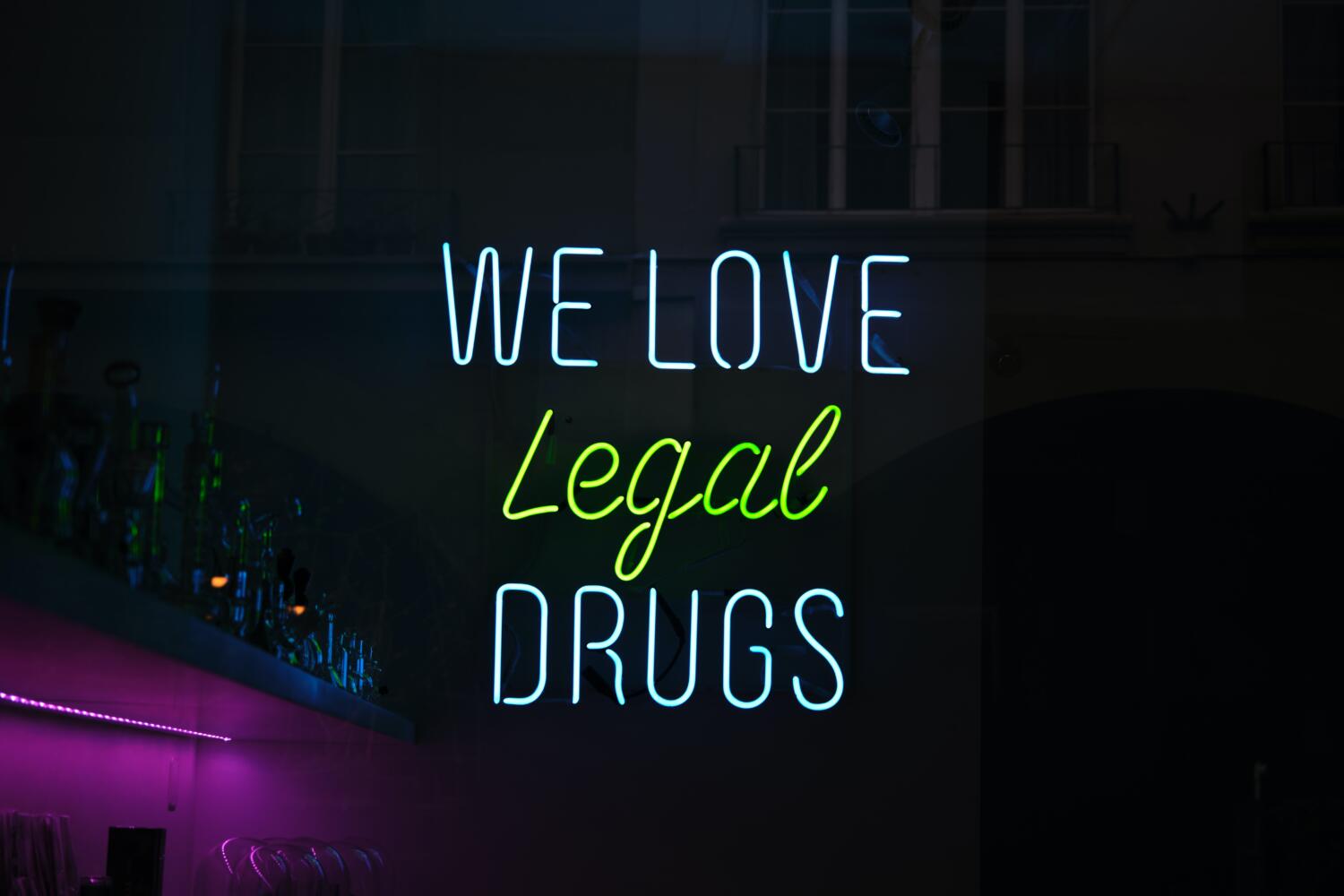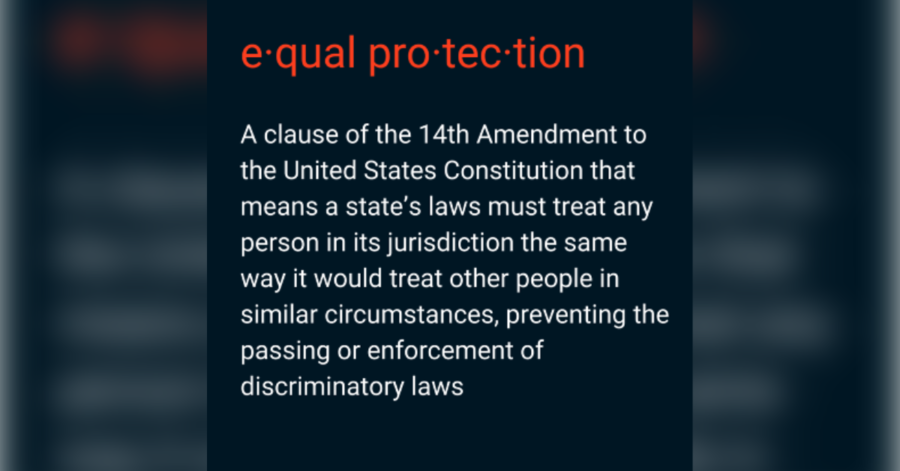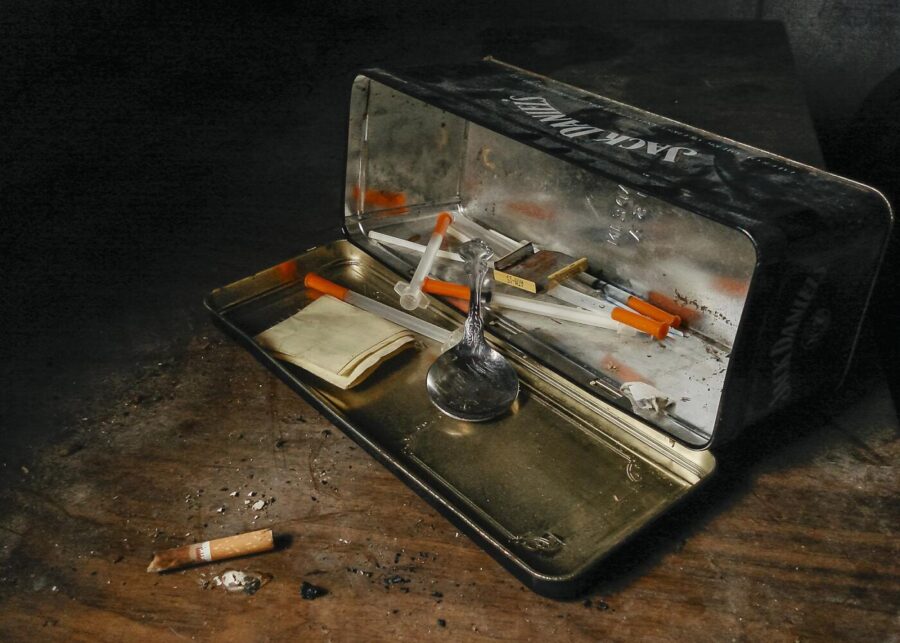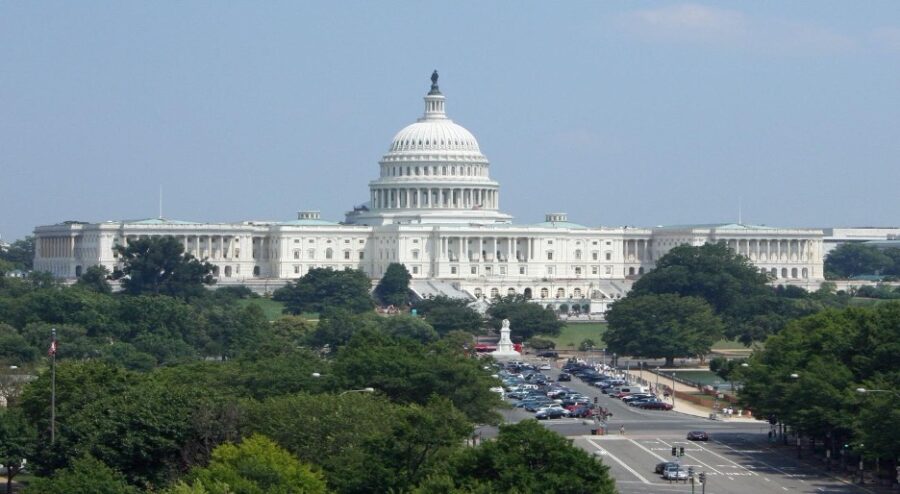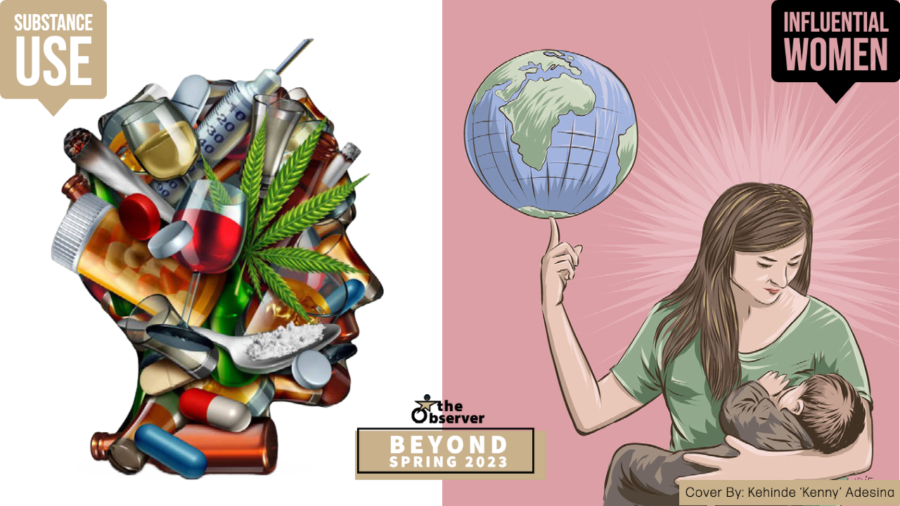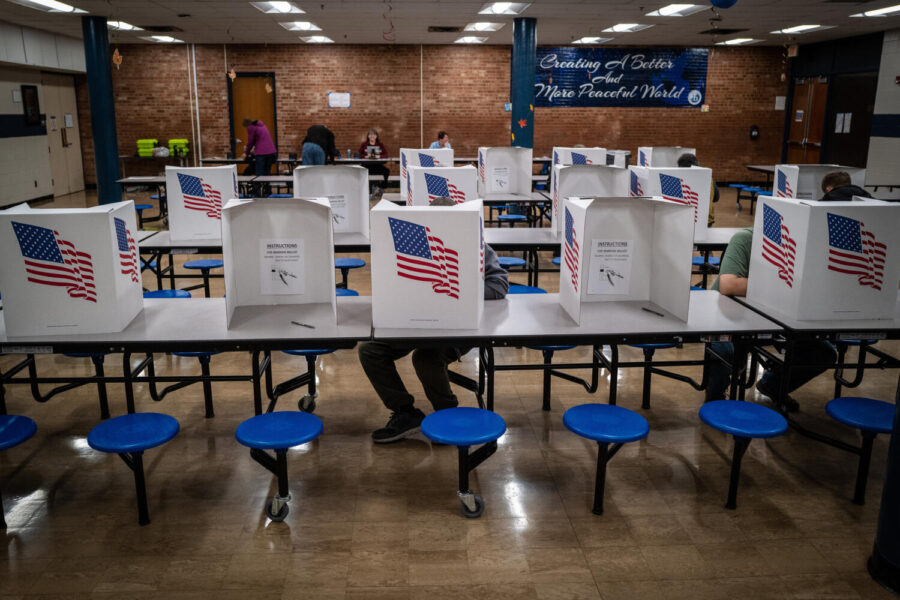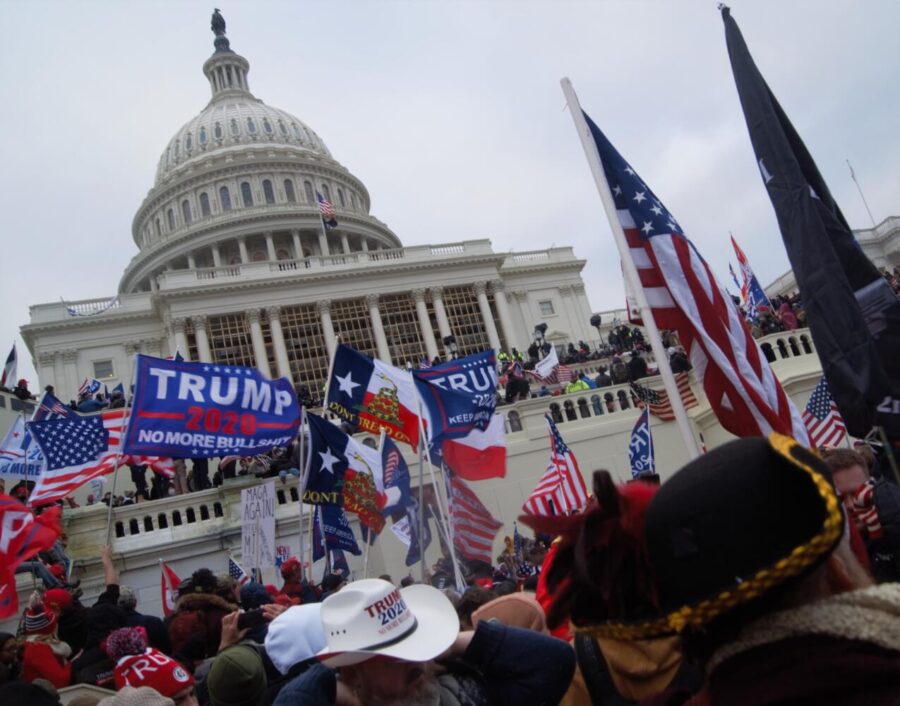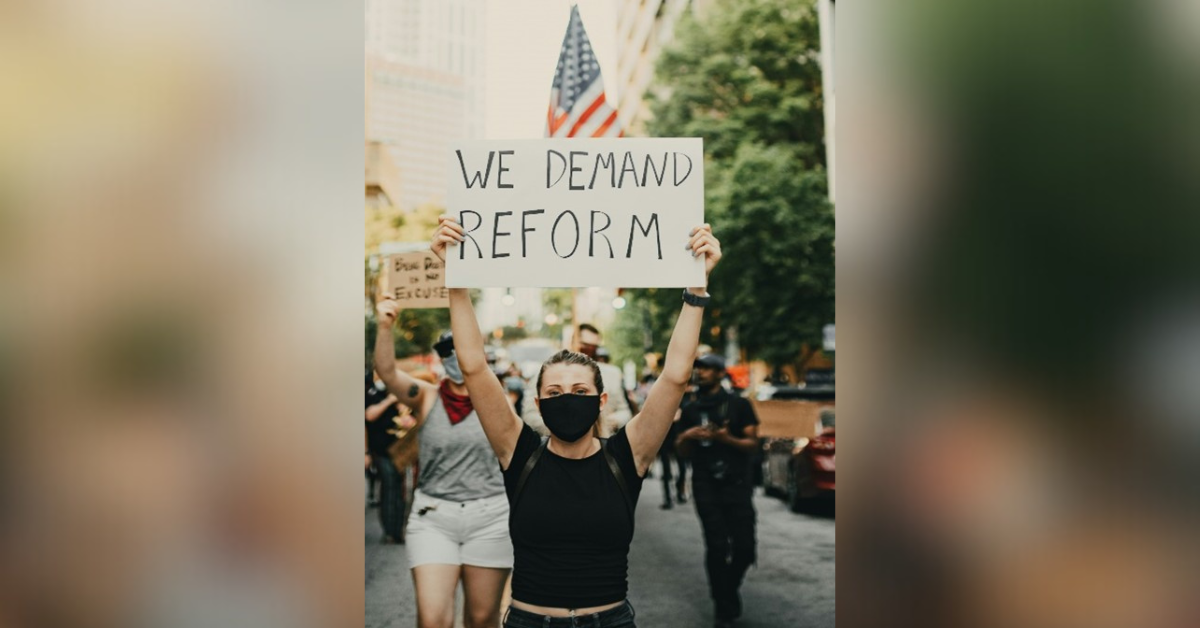Over the past two decades, countries around the world have made drastic policy changes when it comes to legalizing drugs. This is most prominently seen in the United States and Canada and the many policies arising from Cannabis reform. Policymakers have been promoting the move in drug control policies, from criminalization to legalization. Here in the US, we have seen a patchwork of different substance use policies sprout up across the country’s different localities. Additionally, we have seen a failure of our drug policy to prevent the epidemic of Fentanyl, a dangerous and deadly substance that has wreaked havoc on the families of millions of Americans. We have more incarcerated people in this country for nonviolent substance use than anywhere else in the world. Not only have we failed to reduce substance use, but we have also failed to reduce crime surrounding the criminalization of drugs themselves. As a society, we are failing in every aspect of our current drug policy.
Despite these failures, there is hope in legalization, regulation, and education policies. In this respect, one of the most successful drug policies can be seen in Portugal, which approved the decriminalization of all illicit substances in 2001. According to research, Portugal’s choices have been viewed as widely successful, despite the many naysayers who emphasized the possible negatives that could surface from this policy. The worst prohibitionist claims never came to pass, such as increased crime rates, tourism because of access to previously controlled substances, or a drastic increase in substance use by citizens. Instead, Portugal has witnessed many positives, including decreased use of drugs, no increase in “drug tourism,” reduction in HIV/AIDS patients among drug users, and stabilization of overdose deaths, with the lowest rate in the European Union. Additionally, consumption rates among young adults are also remarkably low.
In Renee Scherlen’s article, The Never-Ending Drug War: Obstacles to Drug War Policy Termination, she explores the history of drug policy. In 1971 Richard Nixon inaugurated what is now known as “The War on Drugs” when he stated, “America’s public enemy number one in the United States is drug abuse. In order to fight and defeat this enemy, it is necessary to wage a new, all-out war”. Future administrations continued these policies. In 1986, Ronald Reagan signed into law the Anti-Drug Abuse Act of 1986, and George H.W. Bush signed the Anti-Drug Abuse Act of 1988, which established the Office of National Drug Control Policy (ONDCP).
This was continued by the Clinton Administration, with his signing of the legislation that funded “Plan Columbia,” which the George W. Bush Administration expanded into the “Andean Counterdrug Initiative.” Despite promises from the Obama administration to “banish the idea that the United States is fighting a war on drugs, the actual policies of the United States have not significantly changed.” There was some change in cannabis policy during the Obama administration, including the authoring of the Cole Memo. The Trump administration rolled back these efforts, and drug policy stagnation occurred. With the advent of the Biden administration, things have not changed. Despite his spoken approval for the decriminalization of cannabis on the federal level and his presidential actions on the subject, change is slow to come.
Crime policy has been driven by the public’s opinion on what causes crime. According to research, Since 1953, the public’s support of being tough on crime has steadily risen through the early 2000s. In fact, it has been found that the opinions of political elites follow the public opinion on these matters. Despite changing opinions on the factors that lead to crime, public support for being tough on crime has slightly decreased. Drug policy is driven by the public fear that drug use and abuse spawn criminal activity. The changes in drug policy and laws throughout the 1980s were a reaction to the emerging retail crack cocaine market in the United States, which brought rampant violence in the inner city, particularly among minority communities disparately affected by crack addiction, explored in Peter Rueter’s article Systemic violence in drug markets.
More recent studies demonstrate that drug markets are not inherently violent, and when the market is regulated, crimes involving victimization, retaliation, and market violence are drastically reduced. It has been observed that violence is not necessarily a common feature of illegal markets, even illegal markets for drugs. When we discuss prohibition and prohibitionist policies along with their effects, it should be noted the supposition that state crackdowns are one of the largest precipitators of an increase in violence in drug markets. This is demonstrated in an examination of the issues in Mexico regarding drug cartels, where it was found that violence was not easy to quell after it had begun. In addition, the failure of the massive crackdown that the Mexican government engaged in proves how difficult it is to stop the violence.
This sheds light on the failures that have resulted from the War on Drugs, further asserting that the War on Drugs itself is inherently racist and predicated on both blatant racism and implicit biases. These ideas are formed out of the foundation of European colonialism and pushed forward by neo-colonial countries like the US and Canada. This policy remains heavily entrenched despite the growing and evident breadth of scholarship demonstrating the poor results of the policies to prevent illicit drug use. Given the disparate impacts of failing prohibitionist drug policy, such as the different criminalization policies like mandatory minimum sentences and “three strikes” laws, the War on Drugs will continue to produce effects that increase the racial disparity of the disenfranchised incarcerated population.
Those failures create impacts on various segments of our society. As was noted in a recent study, the War on Drugs has targeted historically susceptible minority communities. This is especially evident in Black and Hispanic communities, which have borne the brunt of over four decades of failed prohibitionist policies. This can be seen very clearly when we consider the prohibitionist drug policies, which target minority communities, enacted alongside problematic discriminatory policing, prosecution, conviction, and sentencing ingrained in the criminal justice system. Since they were enacted, criminalization and prohibitionist policies have been shown to be both costly and ineffective. Considering the failures of these policies, the time for policymakers to act is now. But we all know how “quickly” Congress moves on any topic in our current polarized society.
It has been shown that the War on Drugs has caused irreparable damage to our communities while not presenting a solution to the violence associated with illegal and unregulated drug markets. Equitable and responsible drug policy is not only about drugs but also about the flourishing of entire communities. It is beyond time for us, as a society, to realize that prohibitionist policies that are actively forbidding these experiences are inutile, duplicitous, and a barrier to the growth of novel fledging communities that allow for safe and responsible practices of socially acceptable psychoactive substance use.
The disparate impacts of the War on Drugs are evident in the population of incarcerated persons. Black people spend more of their lives incarcerated than do their fellow ethnic demographics, such as Hispanics and Caucasians, no matter which gender is examined. It has been shown and discussed that the policies that have led to this trend are directly linked to the militarization of policing and police brutality. These are some of the largest factors contributing to mass incarceration, which is especially evident among Black and Hispanic men.
Studies have shown that the three largest contributors to the incarcerated population are violent crime, property crime, and drug crime, with drug crime being the largest major contributor to this increase. Considering that a large percentage of our incarcerated population are nonviolent drug users, the best and most straightforward way to reduce this disparate impact on nonviolent drug users would be to reduce the penalization and criminalization of these policies, resulting in a reduction of the incarcerated population. Changing the policies to reduce the number of criminalized behaviors subject to incarceration would be one way to enact these changes, considering that criminalizing drug possession and drug use is the largest driver of the incarceration of nonviolent offenders in the United States. By changing these policies, we could directly impact the number of incarcerated people in this country, which, as we have discussed, disproportionally affects minority communities and people of color.
Prohibitionist policies have not only failed minority communities, but they have failed everyone facing the throes of drug addiction as well. Our current policies create a criminal justice pipeline to rehabilitation that involves criminalization in order to receive the help many addicts need properly. Exacerbating issues further, the taboo of substance use in our society makes addicts feel that they are alone, destitute, and unable to be understood. Adding fuel to the fire, the illicit markets and the incentives of illicit market participants are a disadvantage for addicts as well, as these market participants thrive off their addiction. Policies on how we help people experiencing addiction also need to change to be more holistic, patient-focused, and completely removed from the criminal justice arm of our society. We need to move to policies that work for everyone. Policies that are forward-thinking and address the root issues that led to the criminalization of drugs, to begin with.
As has been demonstrated in multiple models throughout the world, legalization, regulation, and education is the model that works. We must stop policing the substance use choices of adults. Who are any of us to judge the choices of responsible adults engaging in the safe recreational use of substances? Alcohol, the most legal substance in the world, is more deadly in regular use than most drugs. Yet we view drinking, as a society, as a communal activity responsible adults take part in socially, while we view drugs as some sort of dangerous, deplorable choice. We have built this false dichotomy that one person that uses one type of substance and one that uses another type are not the same when they are. In this conversation, we have accepted a whole mythology around making drugs the boogeyman instead of accepting that we, as adults, must allow other adults to make their own decisions about their substance use.
As we have discussed, criminalizing behavior has not reduced it, so we must accept that this is an unwinnable war of morality that is not shared by our entire culture. And until we realize that adults must be allowed the opportunity to make their own choices and instead arm them with knowledge, regulated substances, and policies that work for all of us, we will continue to face this never-ending predicament we find ourselves in as a society. While no one policy will fix all the complicated dynamics that come along with substance use, we can certainly make it safer, more evidence-based, and less taboo. For no one’s life should be irreparably damaged because they just wanted to engage in safe and responsible substance use. Instead, we need to change the conversation around drug criminalization to legalization, regulation, and education so we can all live in a better, more just, fairer, and thriving society that works for all of us.

